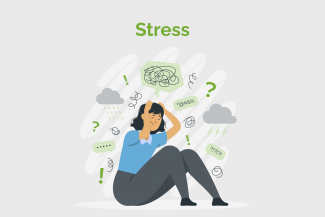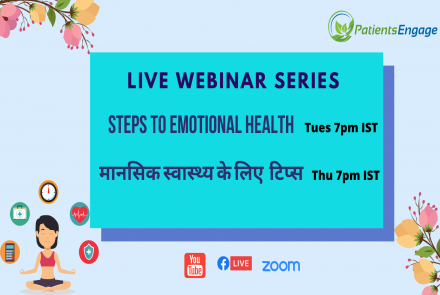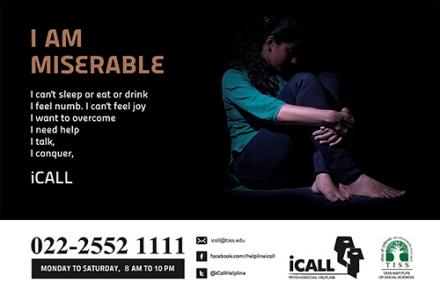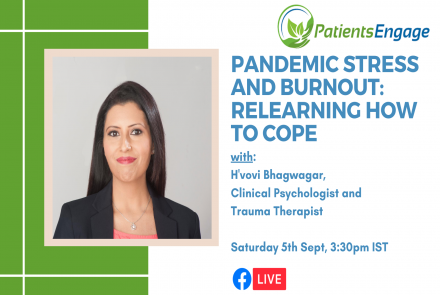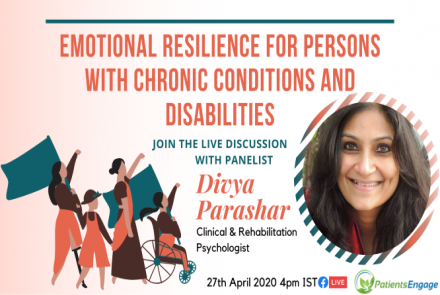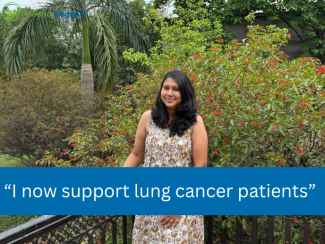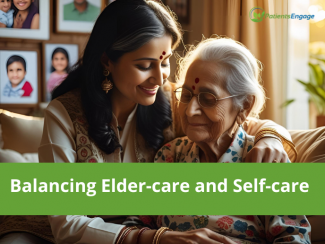
Different types of stress
Acute stress is short-term and is caused by the demands of life – for instance, your child is struggling at school or you are worried about clinching a contract. This does not cause extensive damage and is manageable. This is the most common type of stress.
Chronic stress is long-term stress that the patient cannot get rid of. It is caused by longstanding situations, like being trapped in a hopeless job, in poverty, unhappy marriage or violent neighbourhood. Chronic stress can also be caused by chronic illness that prevents you from leading a normal life. The patient cannot see any way out of the situation. This kind of stress harms the mind and the body, and can lead to suicide, heart attack, even cancer.
Stages of stress
There are three stages of stress:
1. Alarm reaction
2. Resistance
3. Exhaustion
Alarm Reaction - Stage I: In this stage there is instantaneous reaction to combat stress and is commonly called the fight or flight reaction. This causes increase in the adrenaline hormone, with increased heart rate and cold hands and feet. These reactions can be long-term or short term. We can recover quickly from short-term stress but if the stress carries on, the body’s resistance is affected.
Resistance - Stage II: This is the stage when the body tries to balance the stress level. The stress symptoms of the alarm stage will calm down and the body returns to normal, although it stays alert. If the stress continues for a few hours or a couple of days, people can still deal with it. Beyond that people will suffer from fatigue, sense of helpnessness, sleeplessness and overall malaise.
Exhaustion - Stage III: If stress continues for weeks, people may fall ill, as the body cannot cope with the stressor. If you reach this phase over and over, it harms physical and mental health.
Complications : Extreme stress may cause some of the following:
- Hampered thinking
- Easy frustration
- Quick loss of temper
- Grinding teeth
- Increased heart rate
- Increased blood pressure
- Acne
- Hair fall
- Muscle pain
- Diabetes
- Rheumatoid arthritis
This can seriously hamper a person’s quality of life and ability to hold a job.

